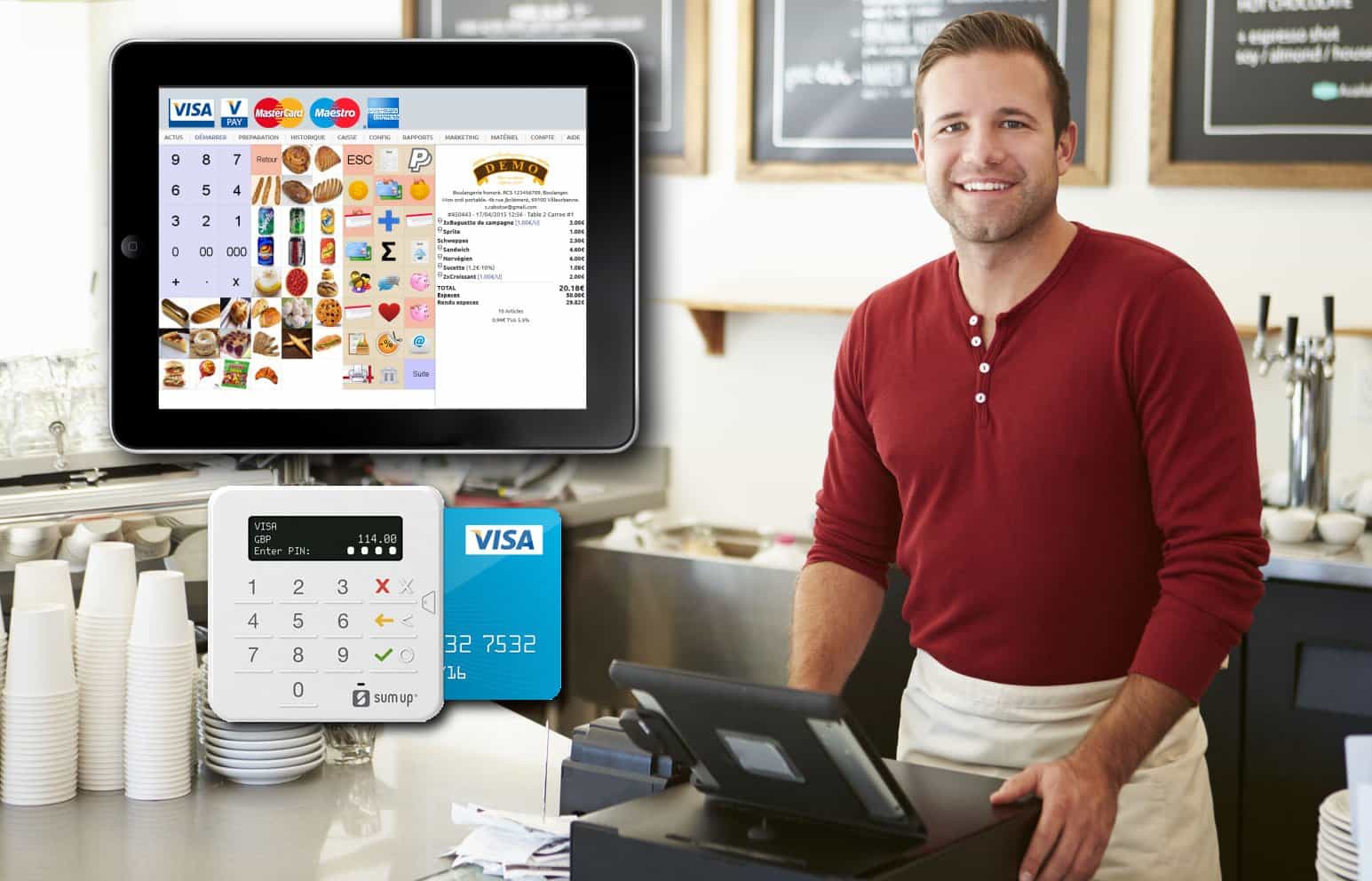Today’s dynamic corporate environment, having an effective and smooth sales process is crucial for achievement. This marks the time that an all-in-one POS system comes into play, revolutionizing the way organizations oversee transactions, inventory, and customer engagement. We have moved beyond of depending exclusively on traditional cash registers that feature minimal functionality. Current POS systems have advanced significantly, integrating innovative features that enable businesses of all sizes enhance their operations and boost customer experiences.
Grasping what a POS system is and how it can impact your business is essential for staying competitive. From cloud-based solutions to niche applications, the options available currently cater to the distinct needs of various sectors, including service and retail. As you delve into the benefits of embedding a robust POS system into your sales process, you'll realize how features like instant data analytics, contactless payments, and employee productivity enhancements can facilitate operations and drive growth. No matter if you are a startup founder or a director in a larger enterprise, adopting the suitable POS system can be transformative in achieving operational effectiveness and improved customer satisfaction.
Grasping Point of Sale Systems as well as The Development
Point of Sale solutions, often referred to as POS systems, represent vital instruments for businesses in handling sales transactions and streamlining operations. Basically, these systems simplify the checkout process, enabling businesses to monitor sales, handle inventory, and generate reports. This capability eliminates the difficulties of handwritten records, providing a greater and organized way for conducting transactions. The contemporary system integrates hardware and software to facilitate transaction processing, inventory management, and client interaction, rendering it an indispensable asset across multiple fields.
The transformation of POS systems has been notable, evolving from traditional cash registers to sophisticated, internet-connected solutions. At first, traditional registers were simple machines that just tracked sales figures. As advancement progressed, digital registers emerged, introducing features like fundamental reporting and inventory tracking. Currently, modern Point of Sale systems leverage cloud solutions, granting for real-time data access and distant control, which greatly boosts operational efficiency. This evolution has empowered businesses to adapt to changing client expectations and industry trends, changing the manner transactions are conducted.
With the rise of online shopping and new payment techniques, today's companies need versatile and strong Point of Sale solutions. The option to integrate with multiple platforms, such as web shops and accounting software, is now necessary. Moreover, features like digital wallet transactions, tap payments, and advanced analytics have transformed what a Point of Sale system can accomplish. As Restaurant Point of Sales Systems turn to the future, grasping the evolution and capabilities of POS systems is vital for selecting the suitable solution that aligns with their functional and consumer service goals.
Selecting the Ideal POS System for Any Business
Selecting the right POS system for any business is vital for optimizing operations and improving customer service. Start by evaluating your specific needs based on your industry. For instance, a retail store may require robust inventory management features, while a restaurant might emphasize table handling and ease of payment processing. Understanding your operational requirements will aid refine options that truly fit your business model.
Then, think about the scalability and flexibility of the POS system. As the business grows, the technology should be able to adapt to rising demands. Look for systems that offer customizable features and integrations with different software, such as accounting and CRM solutions. This adaptability ensures that you won’t outgrow the system, which could lead to expensive replacements in the future.
Ultimately, take into account the user-friendliness and training needs of the staff. A user-friendly interface can significantly lessen the learning curve, leading to increased productivity and fewer mistakes. It is advantageous to involve your team in the decision-making process, as their feedback can provide insight into what features will be particularly beneficial in their daily tasks. Determining a POS system that fits both your business goals and the employees' needs will facilitate a better transition and enhanced operational efficiency.
Guaranteeing Security and Effectiveness in POS Processes
Ensuring security in POS processes is vital for safeguarding sensitive customer information and safeguarding business operations. Implementing strong security measures, such as using EMV chip technology, can greatly diminish the risk of fraudulent transactions and data breaches. Additionally, ensuring compliance with PCI regulations is essential for any business employing a POS system. Frequent security updates and employee training on best practices can further enhance the security framework of your business.
Efficiency in POS processes can be attained by combining your POS system with other key software such as accounting and customer relationship management (CRM) platforms. This combination streamlines data flow between systems, reducing manual data entry and minimizing errors. A state-of-the-art POS system equipped with inventory management features can also streamline stock tracking, helping businesses to make prudent purchasing choices and maintain optimal inventory levels without excess stock.
Moreover, capitalizing on data analytics from your POS system can lead to improved business decisions. By examining sales trends and customer behavior, businesses can tailor their offerings to meet customer demands efficiently. Frequent maintenance of the POS system ensures that it operates at peak performance, reducing downtime and keeping the sales process running smoothly. Establishing a routine for staff training on efficient POS usage can additionally enhance efficiency, allowing for a smoother customer experience.

